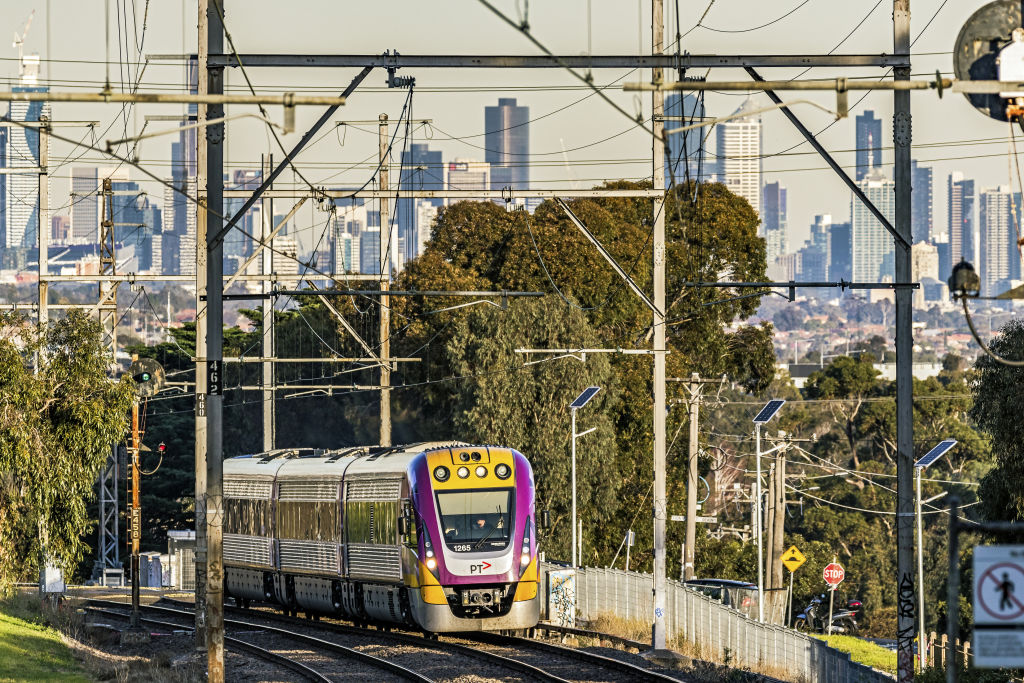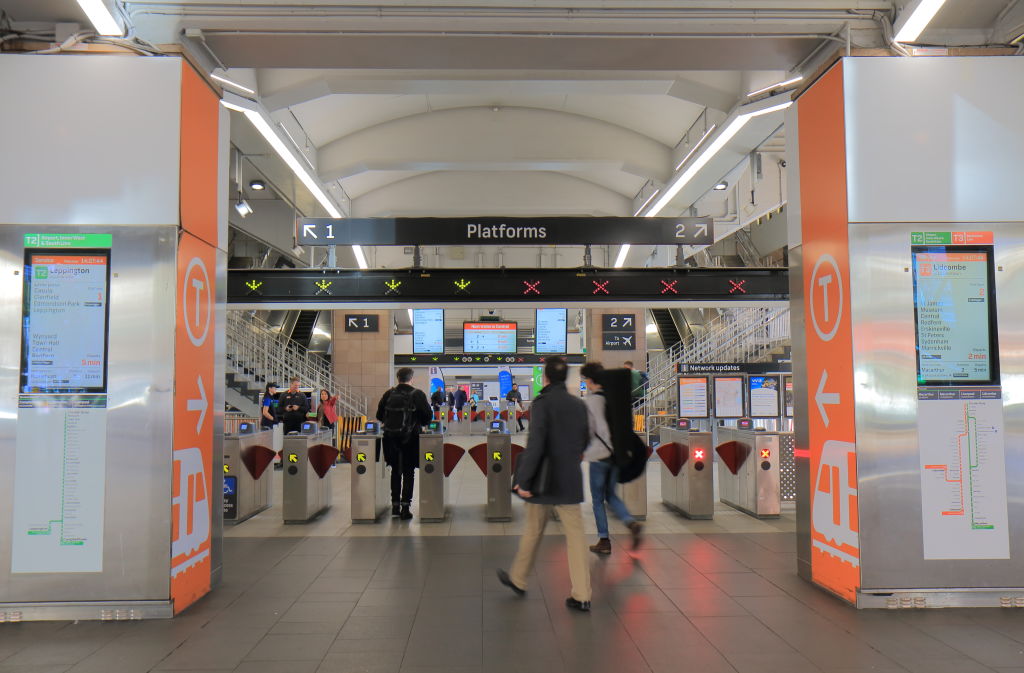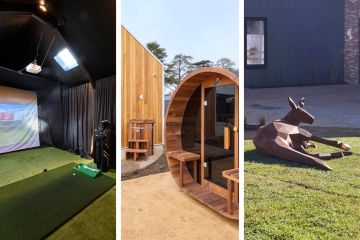How far is too far to travel to get to work? Some people regularly do six-hour commutes

Is there ever a distance that’s too far to commute for work? It’s a question asked by Melburnians and Sydneysiders who are finding themselves travelling further to work than ever before. And it seems there’s no easy answer.
David Bissell is an Associate Professor with the University of Melbourne’s School of Geography and the author of Transit Life, a book about our changing public transport habits.
About 8.3 million Australians commute in various ways (mostly by car) every day and Dr Bissell said Australia’s long commutes were a relatively recent phenomenon.
His research involved interviewing Sydney commuters and revealed some extremes – people on trains, buses or in cars for up to six hours a day. Some were travelling from Illawarra or the Blue Mountains to Sydney’s CBD.
“One of the repeated things people said to me was that housing pressures, and the want to live in a decent house with a garden, and have that lifestyle, outweighed any length of commute they might face,” Dr Bissell said.
While people were travelling longer distances, Dr Bissell said, the trend over the past 10 to 20 years had seen professionals and students accept it more.
“This is partly a result of travel time being used to do things people find pleasurable and it’s being valued more positively,” he said.

Commuters are using their downtime on the train to watch Netflix, catch up on social media, listen to podcasts or music or just enjoy a bit of “me time” before heading home for family and other commitments.
We didn’t have to go far to find someone who fitted the bill: Domain developers and builders account manager Ellenie Georgiou, who until recently was driving for at least three hours every day from Sorrento on the Mornington Peninsula to work in Southbank.
“I couldn’t keep up with my life in Melbourne so I moved to Sorrento to the family beach house,” she said.
She rented out her Carlton flat and decided to commute from the seaside suburb on the Mornington Peninsula, 90 minutes away, for a year-and-a-half.
“Because I was so unwell, every kilometre that would fall behind me [after work] was a blessing. Plus I was going somewhere so beautiful,” she said.
The commute saw Ms Georgiou rising at 5.30am to get to work earlier, and leaving work earlier to try and avoid the traffic. She listened to music and practiced mindfulness on her commute.
Ms Georgiou moved back to Carlton at the end of September, wanting to move back closer to her friends and family and, of course, to work.

While there were positives in a longer commute, Dr Bissell said people still had complaints and there were health implications from sitting down for long periods of time.
He had spoken to commuters who felt they were missing out on their children growing up, such was the time they spent between work and home.
“One the one hand, people were really bemoaning it takes time away – especially at the end of the day,” Dr Bissell said.
“On the other hand, people felt the only free time they got was on the train on the way home so there was this constant tension.”
Dr Bissell said there were challenges for state and federal governments when planning infrastructure like public transport and roads into the future.
“A lot of the new developments are going on the edge of Melbourne without that consideration of whether the public transport can actually cope,” Dr Bissell said.
He said longer commutes may also see a shift from daily commuting to companies allowing people to work from home for a few days during the week to give them back some time out of the trains and off the road.
We recommend
We thought you might like
States
Capital Cities
Capital Cities - Rentals
Popular Areas
Allhomes
More







